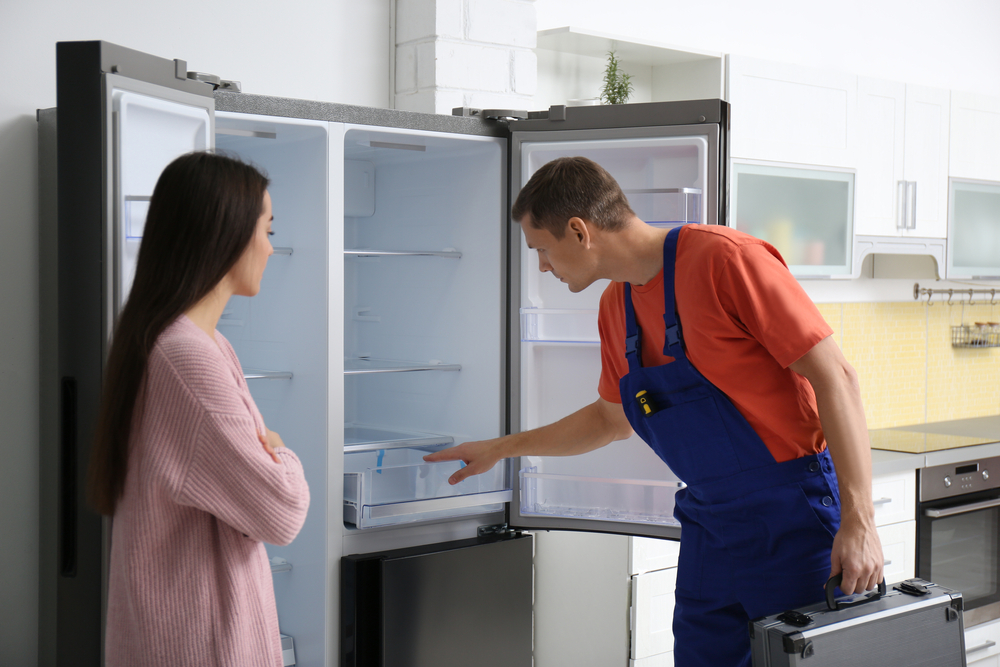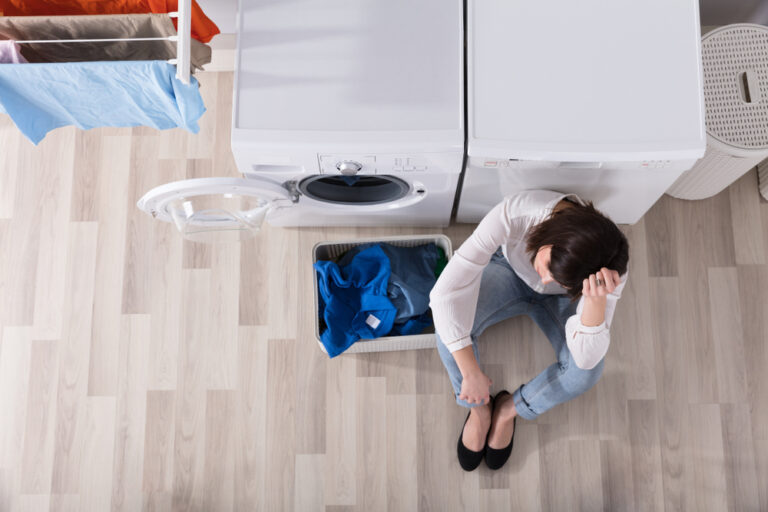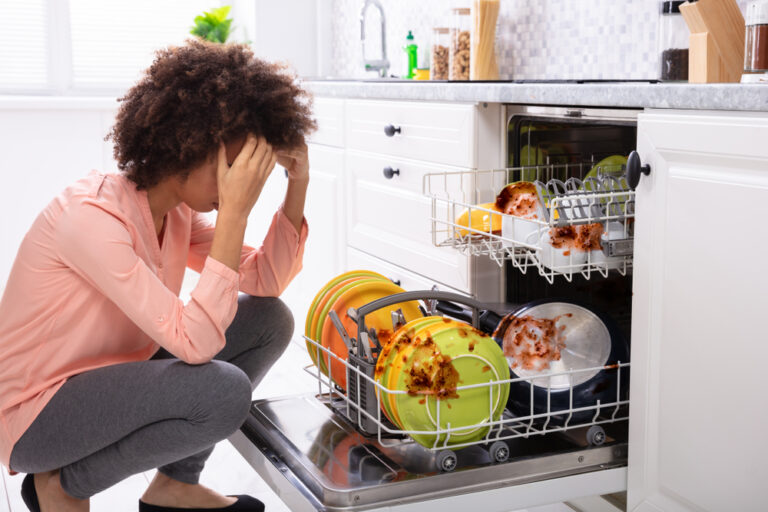Common Dishwasher Failures and How to Prevent Them
Introduction
Dishwashers have become a staple in modern kitchens, streamlining our daily chores and saving us valuable time. However, like any small appliance, they can encounter issues that not only disrupt their functionality but also cause frustration. In this article, we will explore Common Dishwasher Failures and How to Prevent Them, providing you with insights on how to keep your appliance running smoothly. With the right knowledge, you'll be better equipped to tackle any problems that arise and make informed decisions about appliance repair services when necessary.
Understanding the Importance of Regular Maintenance
Regular maintenance is crucial for ensuring the longevity and efficiency of your dishwasher. Neglecting basic upkeep can lead to significant issues over time. But what does routine maintenance entail?
What Constitutes Regular Maintenance?
Taking these steps can extend your dishwasher's life significantly and reduce the frequency of needing dishwasher repairs.
Common Dishwasher Failures and Their Causes
Understanding common failures helps in troubleshooting issues effectively. Here’s an overview of frequent problems encountered by dishwasher users.
1. Dishwasher Won’t Start
This is one of the most common complaints amongst users. If your dishwasher doesn’t start, consider these potential causes:
- Power Supply Issues: Check if it’s plugged in or if there’s a blown fuse.
- Door Latch Problems: The door latch must engage for the unit to operate.
Troubleshooting Steps
2. Water Not Draining Properly
Clogged drains are another prevalent issue that affects dishwasher performance.
Possible Reasons
- Blocked drain hose
- Clogged filters
- Faulty drain pump
How to Fix It
3. Dishes Not Coming Out Clean
Dirty dishes after a wash cycle can be frustrating.
Common Causes
- Improper loading
- Dirty spray arms
- Low-quality detergent
Solutions
4. Leaking Water
Water leaks can damage flooring and cabinetry if not addressed promptly.
Typical Sources of Leaks
- Damaged door seals
- Loose hose connections
- Overfilled units due to faulty float switches
Preventative Measures
5. Noisy Operation
A noisy dishwasher can indicate underlying issues that need attention.

Potential Causes of Noise
- Loose parts
- Worn-out motor bearings
- Debris caught in spray arms
Addressing Noise Issues
6. Error Codes Displayed
Modern dishwashers often come with digital displays that show error codes when something goes wrong.
Common Error Codes Explained
- E1: Water filling issues
- E2: Drainage problems
Understanding these codes is vital for quick diagnosis and repair decisions.


Preventative Maintenance Tips for Dishwashers
Prevention is always better than cure! Here are some effective strategies:
Daily Practices
Scrape food off plates before loading them into the dishwasher—this prevents clogs and ensures cleaner results.
Run hot water before starting your dishwasher; this ensures optimal cleaning temperatures from the start.
Weekly Practices
Run an empty cycle with vinegar monthly to eliminate odor buildup and mineral deposits.
Inspect seals around the door regularly for signs of wear or damage.
Monthly Practices
Check hoses for kinks or wear; replace them if necessary.
Clean out any debris from drains or filters thoroughly every month.
When to Call Professionals for Appliance Repair Services?
While many minor issues can be resolved through DIY methods, knowing when it's time to call an expert is essential.
Signs You Need Professional Help:
If you find yourself facing these problems, searching "appliance Helpful hints repair near me" will connect you with local experts ready to assist!
FAQs About Dishwasher Failures
1) What should I do if my dishwasher isn’t starting?
Make sure it’s plugged in, check circuit breakers, and inspect the door latch mechanism before considering professional help.
2) How often should I clean my dishwasher filter?
It’s advisable to clean your filter at least once a month or whenever you notice poor cleaning results.
3) Why is my dishwasher making strange noises?
Noises could stem from loose parts, debris in spray arms, or worn motor bearings; inspection may be needed for diagnosis.
4) Can I run my dishwasher without hot water?
Most dishwashers heat water internally; however, starting with hot water improves cleaning efficiency significantly.
5) What type of detergent should I use?
Use high-quality detergents recommended by your manufacturer for optimal results while avoiding excessive suds buildup!
6) Is it normal for my dishwasher to leak a little?
No! Any leaks should be investigated immediately as they may lead to more significant damage over time; check seals first!
Conclusion
In summary, understanding common dishwasher failures and implementing preventative measures can save you time, money, and hassle in the long run! By following routine maintenance practices outlined above, you’ll enhance its efficiency while minimizing unexpected breakdowns—keeping those dirty dishes at bay efficiently! Should complications arise beyond DIY fixes, don’t hesitate—reach out for professional appliance repair services nearby!
Whether you're searching “who fixes dishwashers” or “unique repair services reviews,” being proactive will help ensure your kitchen remains functional without unnecessary interruptions!